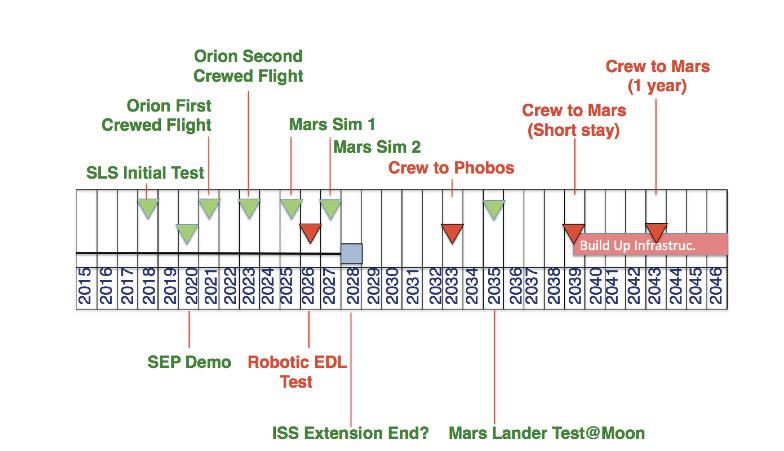I was thinking of upgrading to 22, and I belatedly discovered that I was still running 20. Do I have to fedup to 21 first, or can I safely just go straight to 22?
[Update a while later]
OK, just discovered why I’m running 20 when I thought it was 21. All this time I’d been thinking that I was booting from my SSD, but it turns out that I’ve been booting from my hard drive, with the older OS on it. I went in to change the boot order, and I can’t find the SSD. The OS can see it with pvdisplay, the BIOS shows it in system status, but it doesn’t appear anywhere in the boot menu. Anyone have any idea what’s going on, or how to get it to show up?
[Update a few minutes later]
Wow, weirder and weirder. I unplugged the hard drive, then rebooted. It booted with the SSD. I went back into the BIOS, and now the SSD is a boot option. I made it highest priority, then shut down and plugged in the hard drive again. Now in the BIOS the hard drive won’t show up as a boot option. Which is OK, because I didn’t want to be booting from it, but it seems like strange behavior from the BIOS.
Anyway, I’m booted into 21 now, and doing a ton of updates. It had been booting from the wrong drive for weeks, and I hadn’t realized it.
